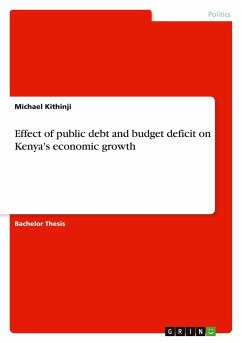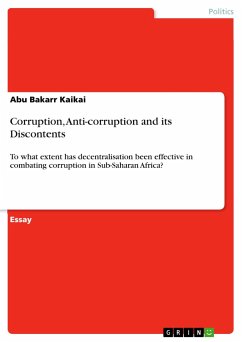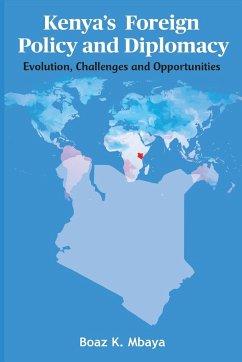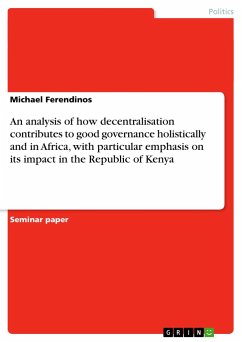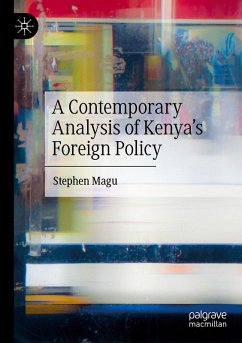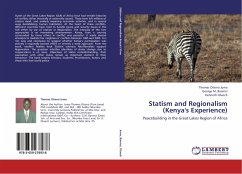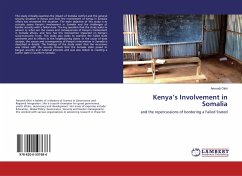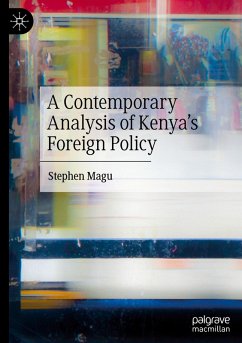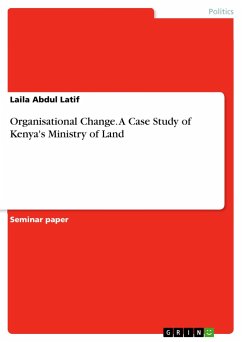
Organisational Change. A Case Study of Kenya's Ministry of Land

PAYBACK Punkte
0 °P sammeln!
Seminar paper from the year 2015 in the subject Politics - International Politics - Topic: Development Politics, grade: 1,3, University of Duisburg-Essen (Institute of Political Science), course: Public Administration in an International Context, language: English, abstract: This paper is about organisational change in the Kenyan Ministry of Land. Organisational change is defined as a process of moving from one fixed state to another through a series of predictable and preplanned steps in order to implement changes in the governance, design and delivery of public services. These series of pred...
Seminar paper from the year 2015 in the subject Politics - International Politics - Topic: Development Politics, grade: 1,3, University of Duisburg-Essen (Institute of Political Science), course: Public Administration in an International Context, language: English, abstract: This paper is about organisational change in the Kenyan Ministry of Land. Organisational change is defined as a process of moving from one fixed state to another through a series of predictable and preplanned steps in order to implement changes in the governance, design and delivery of public services. These series of predictable and preplanned steps are, in my learned opinion, subject to an analytical framework that guides the organisation to successfully implement the change.There are very few studies on organisational change in the public sector, particularly in Kenya. Hence, this paper is a first attempt at examining the change effected in the organisation of the Ministry of Land in 2012 using Fernandez and Rainey's (2006) model as the analytical framework to analyse the change and discuss whether it was successful or not.It is important to note that little is known about organisational change in a public sector context because studies concerning organisational change in the public sector focus on the national level as a whole instead of specific organisational departments. Hence, studies tend to examine the transition of a centralised form of government to a decentralised one; or an autocracy to a democracy. Whereas it is difficult to pinpoint studies focusing on the organisational level by examining the change in the structure of a governmental department itself by scrutinising the changes in the relationships between different activities and members in the organisation; subdivision and assignment of roles, responsibilities and authority to carry out different tasks. Also, studies tend to emphasise on the content of change, rather than the processes through which organisational change is implemented. As a result, there is hardly any literature that connects the implementation of organisational change to the actual effects or outcomes of change.




